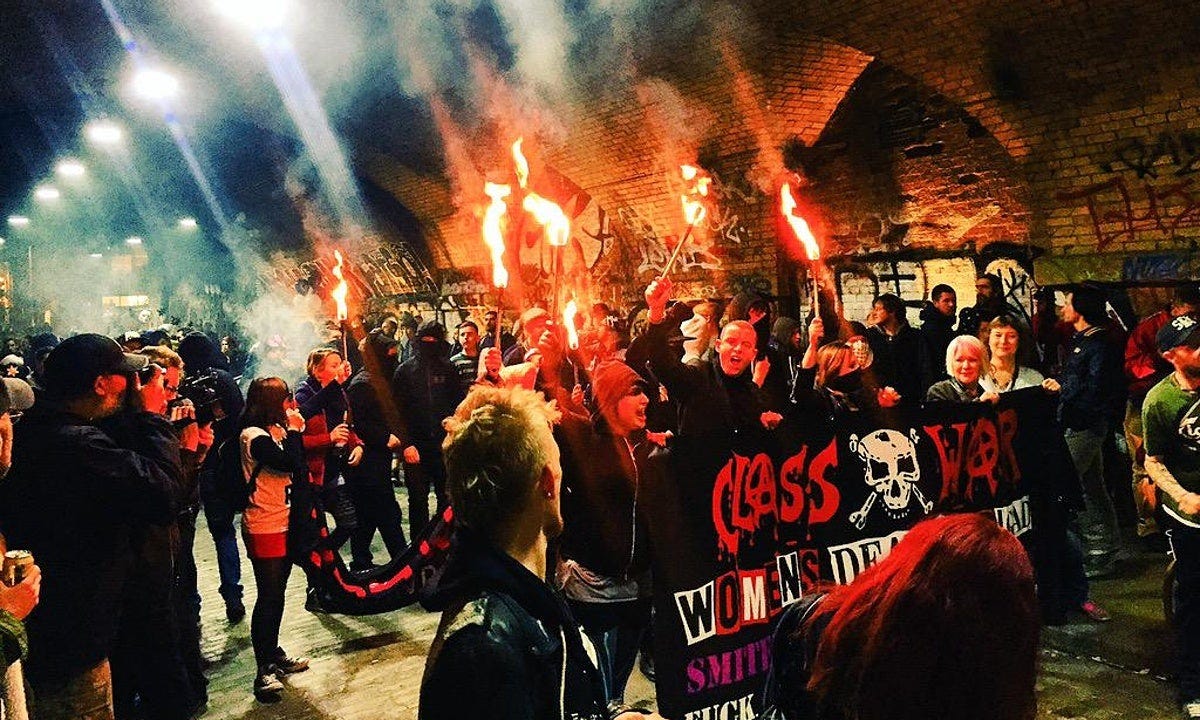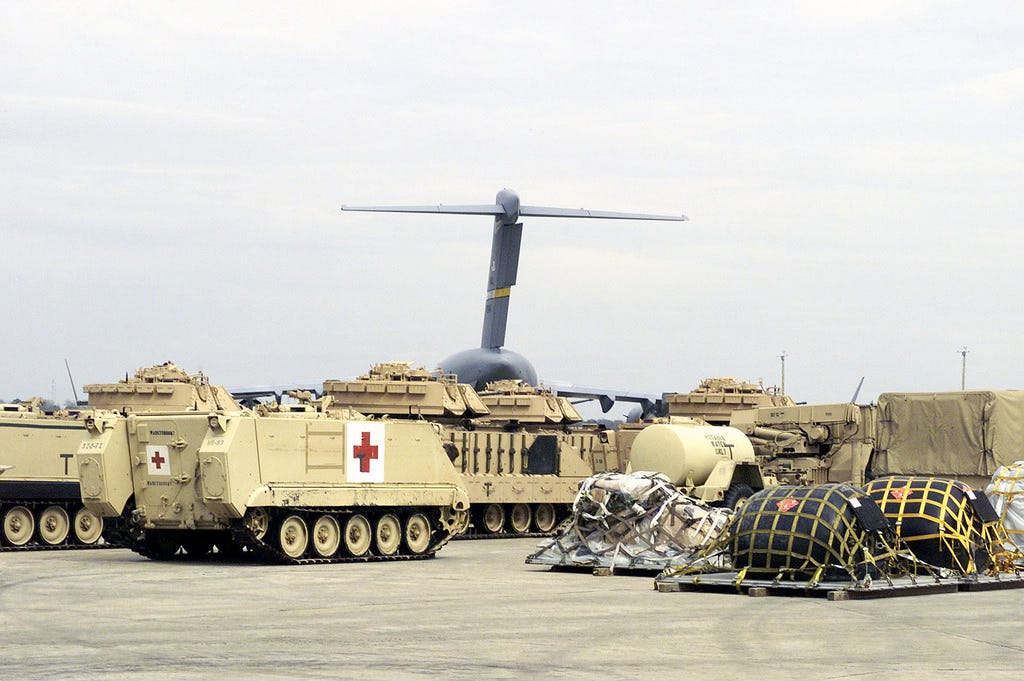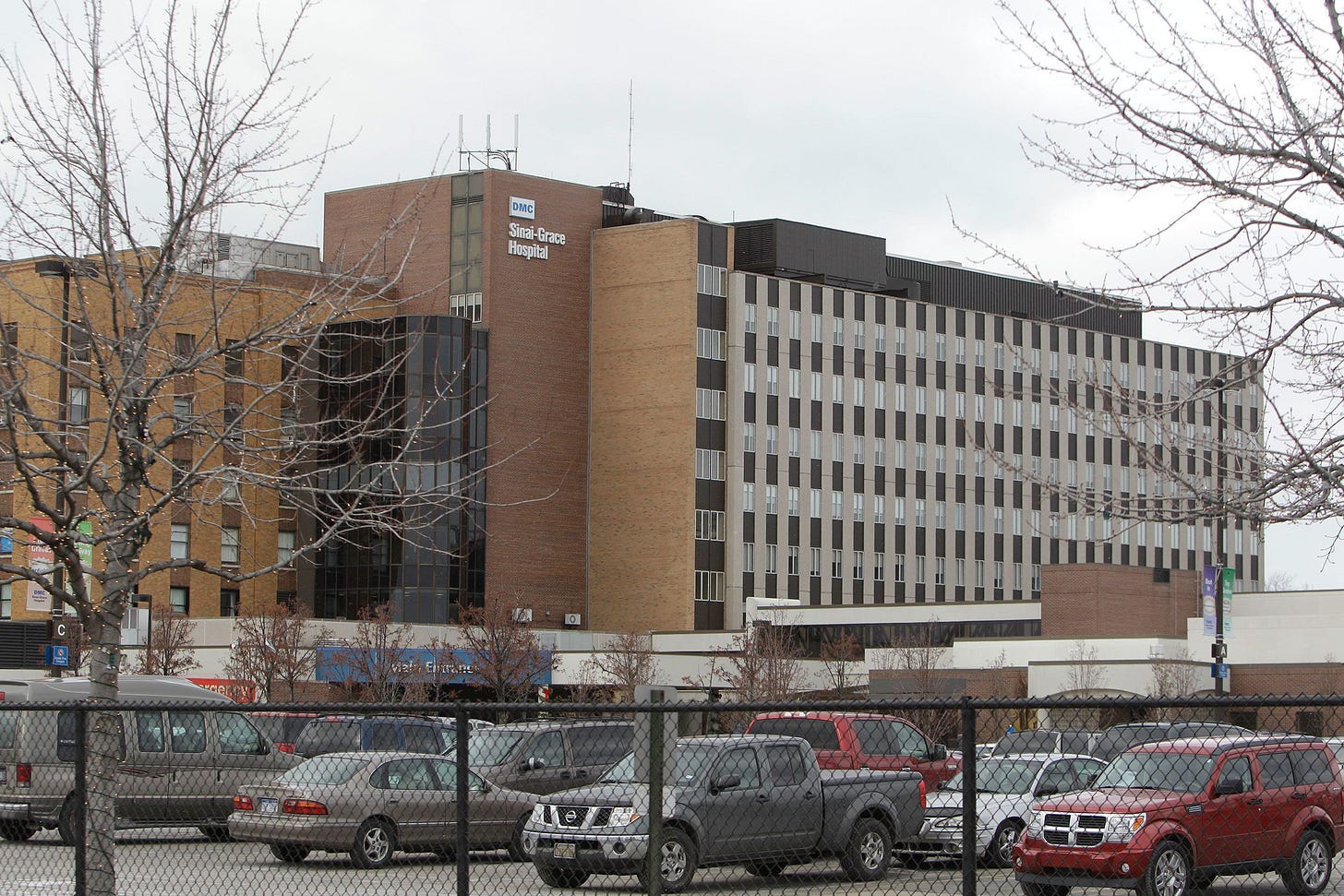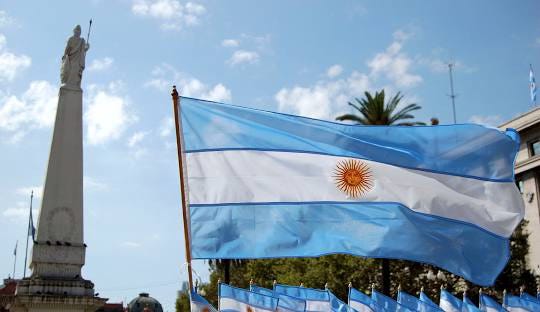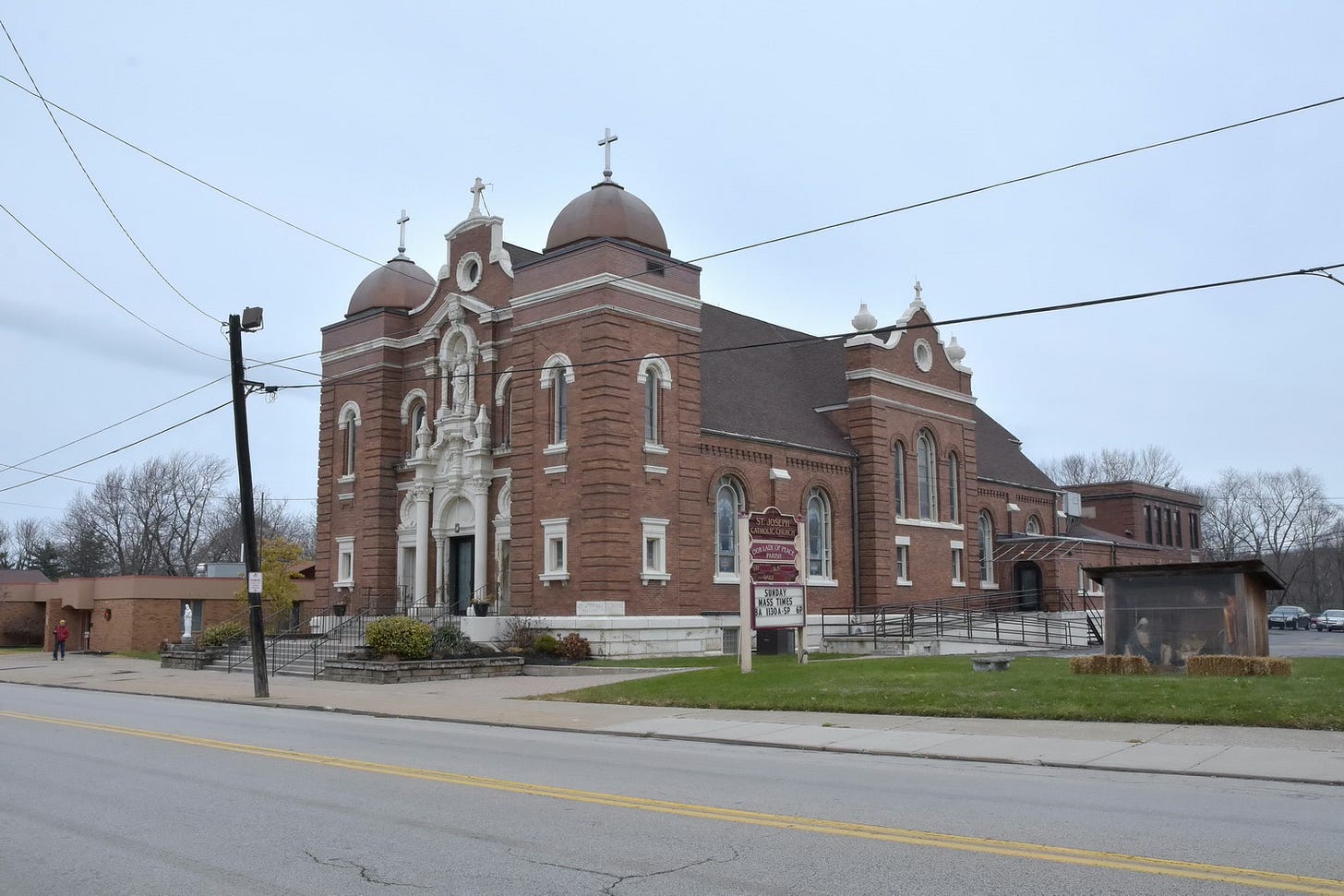This will be the ACTUAL final post in the positive reconstruction scenario, as I think it fitting we follow our four protagonists through to at least 2060 or so. Don’t worry though, we will only hit the high points, and there won’t be much filler exposition about the collapse of the Russian Federation or the Sterilization of the Fertile Crescent. Even the concurrent overthrow of the established order in Mexico won’t get much treatment here, because unlike the dystopian scenario, it doesn’t lead directly to a series of disastrous wars. All that said, let us follow our four characters over the coming decades.
 |
| I bet you can guess where Marty's story is going... |
Marty Jr. - Solidarity Michigan identifies Marty’s firm as a crucial piece of the regime. Unlike the foot dragging that enabled much of the protesting and gave rise to the term ‘Mitten Minute’, the new state government wastes no time seizing their offices and going through the data with a fine-toothed comb. Marty and all his coworkers are put on ankle monitors and forbidden to leave the state until prosecutors determine what charges they will face. Members of Solidarity MI, and future historians, will finger-wag this decision as being too lenient. Marty, along with hundreds of agents of the regime, validate this position when, in late August, 2029, they storm the state capitol in support of the rather uncreatively named 2029 Oligarch’s Coup. They, along with other coup plotters around the country, almost succeed in bringing down the Solidarity government. Of course, ‘almost’ is not the same as success. In the wake of their failure, Marty, his family, and many regime supporters, escape across the river to Ontario. Fortunately for Marty and family, they rank fairly low on the extradition request list, and board a charter jet for the UK before local police can take them in.
Marty and family bounce around the EU, staying one step ahead of extradition requests until they wind up in Saint Petersburg, Russia. Marty finds work running a bot farm pushing pro-Kremlin propaganda on various social media platforms. This keeps the family fed, clothed and sheltered, but his kids grow up speaking more Russian than English. Tina feels suffocated by the constant in-fighting of the American ex-pat community. Marty is unable to attend his mother’s funeral in the wake of the 2038 Pandemic, due to travel restrictions and a still-active arrest warrant.
His kids don’t know their cousins, hardly remember their grandmother, and consider themselves more Russian than American. In the wake of the pandemic, the Russian Federation collapses. The local strongman turns Saint Petersburg and surrounding oblasts into an independent city-state. Marty manages to stay on the good side of the new bosses, and the family’s material conditions even improve enough that he can host a family reunion in 2049. The event goes well enough, but the siblings cannot overcome the underlying tension. No follow-up visits take place. This personal failure finally leads Marty to recognize that he wasn’t the protective family patriarch he thought his father wanted him to be. Marty grows old, haunted by the fact he was one of the bad guys and can never go home.
 |
| Not all heroes wear capes. |
Jillian - After the Revolution of ‘28, Jillian and the remaining employees make the church the permanent location and run the clinic as an employee-owned co-op. Sweeping reforms at the federal level transform Medicare into a single-payer system. As important, Solidarity OH abolishes private health insurance, and passes laws forbidding private equity firms from owning or operating health care facilities. While ongoing financial crises stemming from federal debt defaults and Wall Street speculative bubbles continue to buffet the US economy, Solidarity prioritizes the provision of health care. Many Americans go bankrupt in the 2030s, but never from the cost of health care.
The couple have a second child in 2031, a healthy baby boy the name Robert in honor of his uncle. With her mother near to help out, the family enjoys a degree of stability they never knew under the Old Regime. Jillian and Chris do such a good job keeping the clinic open and navigating the lean years of the early 2030s, the Ashtabula City Council votes to put them in charge of the city hospital in 2037. Jillian never shies away from working the ER or walking the floors of Ashtabula Cooperative Hospital, which puts her on the front lines during the Tropical Flu Pandemic of 2038. The outbreak makes the 2020 pandemic look like child’s play. Over the course of two years, the disease claims some 200 million lives worldwide, including Jillian’s mother. Jillian contracts the virus as well, and must live with lung damage as a result, for the rest of her life.
Speaking of which, Jillian and Chris run ACH until retirement in 2060. At the request of the congregation, St. Joseph’s Church sets up and maintains an altar to honor Jillian’s life and the role she played getting the community through the dark decades of the 20s and 30s. After her death in 2073, she is literally considered a saint by the Ashtabula community. The parish priest puts together a case for beatification and sends it to Rome. While the church turns down consideration for sainthood, they give permission to rename the church St. Joseph and Jillian Catholic Church.
 |
| The Helot Youth League? Not the catchiest name, Bobby. |
Bobby - The Solidarity-backed Mayor of Detroit determines the existing police department cannot be trusted due to its close collusion with federal authorities. As a stop-gap measure while the department undergoes thorough reform, police power is vested in groups like the Helots. While the city cannot fund these groups at pre-revolution levels, Bobby, and most of Detroit, is used to getting by on less. He spends 2029 patrolling the streets of his neighborhood, trying to keep a lid on violent crime. Fortunately for the Helots, they enjoy a degree of genuine community support that allows them to do more with less.
When the Oligarch’s Coup kicks off in August, groups like the Helots join the hundreds of thousands of other Detroiters in overrunning communication and security facilities used by the counterrevolutionaries. Fortunately for everyone involved, the death toll is fairly low. No one in Detroit wants the old regime back, and the security services supporting the coup quite quickly come to the conclusion they don’t have the firepower or support to fend off a quarter million protestors.
In the weeks after the failed coup, Bobby gets access to Marty’s work computers, and helps identify those who took part in the coup attempt. In his spare time, he eventually tracks down Grandma Tran and arranges for her return. She is one of over half a million people being held by ICE in deplorable conditions, but who they were unable to deport. The plight of these people, eventually referred to as the Purgatories, becomes a central part of the criminal cases pursued against the architects of the old regime. Bobby’s work decoding his brother’s data plays an important part in both the prosecutions and showing the world the cruelty at the heart of the Old Regime.
On the strength of this detective work, Bobby rises through ranks of the reformed DPD. In 2035, he marries one of Grandma Tran’s distant nieces, but tragedy strikes in 2038. Bobby contracts the tropical flu, and brings it home. Both his wife Minh and their two-year old daughter Jade die in the first wave of the pandemic, but Bobby survives. Unsurprisingly, he suffers a nervous breakdown, and moves to Ashtabula in 2039 to be close to his surviving family. He works for the county sheriff, and while he lives out the rest of his life with a woman named Sherry and her two boys, they never marry. Bobby helps raise his stepsons and looks out for his niece and nephew. In his spare time, he runs a youth sports league until retirement.
To the rest of the world, Bobby is a hero of the revolution, but late at night, just before he falls asleep, Bobby sometimes wishes he hadn’t turned the truck around that morning in ‘28. He speculates that Minh would be alive and well if he’d died in the planned attack on the ICE facility. He would never have had to watch his daughter struggle to breathe in a crowded ward full of dying children. Bobby carries these doubts with him the rest of his life, and prays to a god he doesn’t really believe in, that the country they are rebuilding is worth the costs they all paid to make it possible.
 |
| If it pleases the court, next time shall we skip the fascist cosplay and go straight to the 1946 part of the story? |
Allison - After collecting and circulating evidence of the regime’s atrocities, Allison and Chantel become targets for counterrevolutionary violence. Numerous death threats end up taped to the door of the chicken fry place, and eventually, on her family’s apartment door. In the dark of night, Allison, her mother Ruby, and Inequality by Design protagonist Jenny, hustle their packed bags down the stairs and into a friend’s waiting car. After settling in at a new apartment, Allison goes back to work feeding the Firestone neighborhood. Her ex-boyfriend, a Memphis police officer, turns up at the restaurant, claiming he had no idea how bad the FedEx facility was. He gives Allison names and pictures of the ICE agents targeting her and Chantel, then offers to help her take the men out. Allison declines his offer, and the man turns angry, calling her ungrateful, among other things.
As it turns out, the men he identified are not ICE agents, but are cops who resigned from the department before the protests in 2028 kicked up. While she is talking to one of them, other men open fire on the bus stop they’re standing at. Fortunately, the former Memphis cop is a better shot. He and Allison escape the area, while one former ICE agent does not. The man stays with Allison for a few days as they try to figure a way out of the situation, when the oligarchs attempt their coup. In the chaos and violence that engulfs Tennessee, very few questions ever get asked when the other two ICE agents wind up face down in the Mississippi River.
In 2032, Allison gets elected to the Tennessee state legislature, representing north Memphis. She works closely with Chantel on the Committee for Truth and Reconstruction, which exposes the many abuses of the old regime and puts on trial many of its local architects. This process provides a degree of justice to victims and allows her friend Dora to process and overcome her trauma. During the tumult of these early, post-revolution years, Allison realizes her trust and confidence in Chantel goes beyond friendship, and the two end up getting married in 2035. They adopt the orphan children of a mutual friend who dies in the chaos of the attempted coup.
Speaking of the oligarchs, they do not let the failure of the 2029 coup distract them from regaining power. Through local intermediaries, in the mid 2030s they begin buying up distressed assets and ousting members of Solidarity Tennessee from the legislature. Realizing that breaking the oligarch’s power will take more than continual vigilance, Allison and Chantel write a law that becomes a national blueprint and sets off the most radical restructuring of the US economy in 150 years. Without going into too much detail, their law strips legal business entities of the legal protections that grew up around corporations starting with the 1886 Supreme Court decision in the Santa Clara County v Southern Pacific Railroad case. What begins with the Tennessee Corporate Revocation Act of 2034 culminates in a national law which abolishes corporate personhood and mandates worker ownership of all businesses beyond a set dollar/employee threshold.
Allison retires from the state legislature in 2040, returns to Memphis, and runs a community 3rd place co-op in the old Firestone neighborhood. As the challenges of the post-revolution years fade from public consciousness, Allison’s possible role in the extra-judicial killings of former ICE agents comes back to public attention with the publication of an oligarch-funded expose book in 2051. This smear campaign tarnishes her public reputation, accusing her, and the Revolution in general, of self-serving lawlessness. Allison and Chantel withdraw from public life, even going so far as to leave Memphis for a small farm in central Tennessee.
By her 50th birthday in 2058, it seems her life story has run its course. Allison frets that she avoided dying as a hero, and thus lived to see herself become the villain. But the Greenland Collapse and subsequent refugee crises of the 2060s allow Allison one more chance to serve the people of Tennessee and prove to the wider world that she always put the good of the community before everything else. But that would be a story for another time…
So there you have it.
I hope you all have enjoyed this brief journey into the potential for positive reconstruction in the years ahead. The Winter Solstice, along with a number of other “depths of winter celebrations” will soon be upon us, but we humans, ever the optimists, turned the longest night of the year into a festival of light for a reason. Even in the most barren times, we must remind ourselves that the seeds of new growth are always present. Warmth, light and spring rains will return to nurture the seedlings, if we are willing to sow them.
The blogging will go on a brief hiatus while Ryan and I regroup and come up with new posts to start off the new year: less speculation, more hard data and commentary on current events in the tortured political economy of these United States. Until then, be well and raise a glass to the turning of the season.
